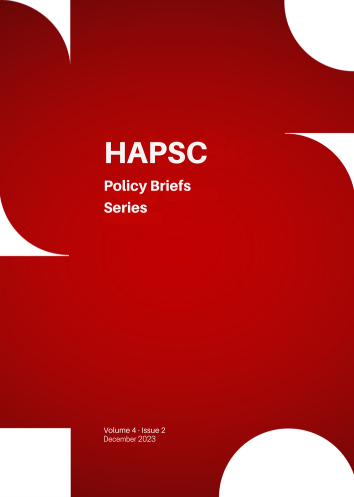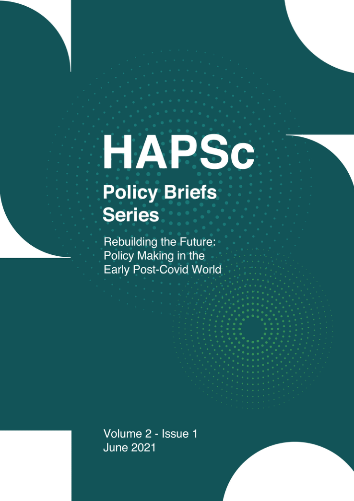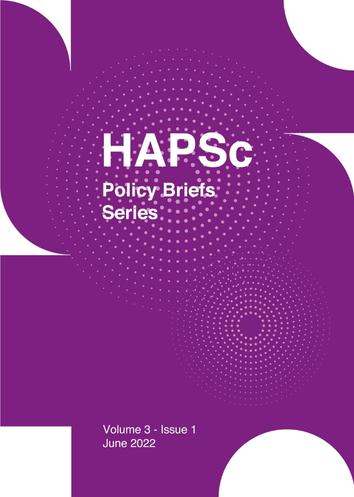Advancing Sustainable Development, Responsibility and Civic Engagement in Greece: Analyzing the Interplay of Education, Employment, and Political Involvement within the European Policy Framework for Youth

Abstract
Democracy, social welfare and environmental modernization are issues in EU political agenda that deal with the future generations, therefore this paper will elaborate the political will for European Youth in EU and Greece by 2030. More specifically, this paper will analyze the social challenges that youth faced in EU since 2020 from Covid-19 to the war period and the future via Sustainable Development Agenda. The social challenges will be analyzed first towards the Sustainable Development Goals (4, 8) in EU and Greece, whilst it is necessary these challenges to be associated with the sense of political belonging in EU for youth. EU has launched a strategy for youth that is mainly based on 11 Goals under public discussion and consultation “The Euro-pean Youth Goals 2019-2027”. During crisis periods (financial, Covid-19, war), the negative socioeconomic outcomes were an uncertain risk for youth regarding their SD potentials, while political engagement and the sence of political belonging in EU pub-lic affairs seems to be associated with goals 9 and 11 in Youth Strategy. Although EU and its member states (including Greece) have a significant institutional tradition in social welfare and considered as one of the best place to live, political steps need to be taken in order to ensure youth capability to meet their own needs. These values are strongly associated with SD and its definition 36 years after Brundtland report and the significant institutional tradition in social welfare, which is considered very im-portant in order future generation to ensure youth capability to meet their own needs in Europe and Greece towards democracy, social welfare, environmental moderniza-tion and economic competitiveness.
Article Details
- How to Cite
-
Taliouris, E., Chourdakis, M., & Moraitakis, N. (2023). Advancing Sustainable Development, Responsibility and Civic Engagement in Greece: Analyzing the Interplay of Education, Employment, and Political Involvement within the European Policy Framework for Youth. HAPSc Policy Briefs Series, 4(2), 75–89. https://doi.org/10.12681/hapscpbs.36663
- Section
- Articles

This work is licensed under a Creative Commons Attribution 4.0 International License.
Authors retain copyright and grant the journal right of first publication with the work simultaneously licensed under a Creative Commons Attribution License that allows others to share the work with an acknowledgement of the work's authorship and initial publication in this journal.



